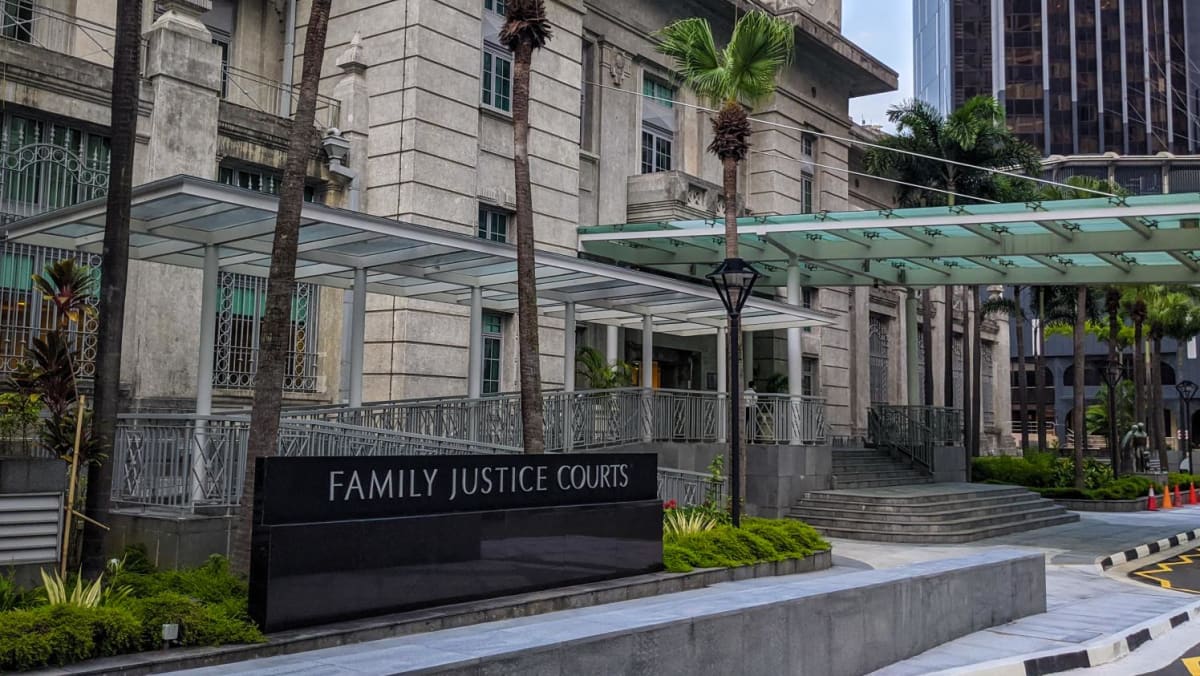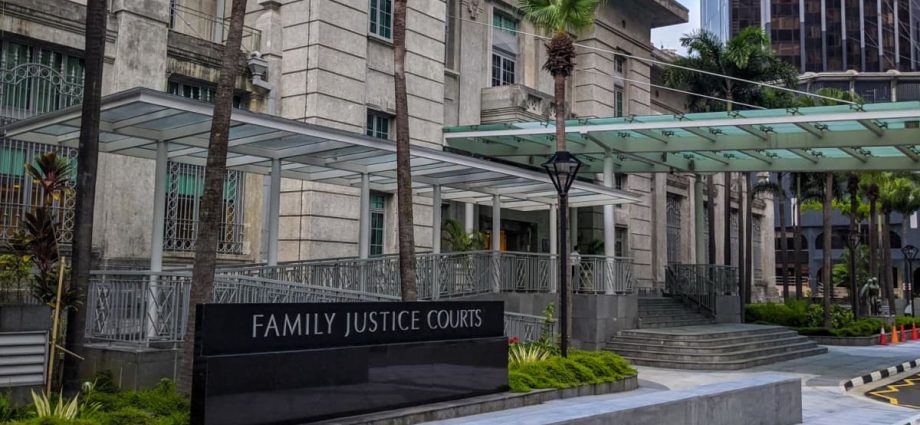
FINANCIAL ASSISTANCE AND GENDER-NEUTRAL MAINTENANCE
As part of the Maintenance Enforcement Process, respondents who cannot pay maintenance will be channelled to the appropriate financial assistance.
MP Louis Chua (WP-Sengkang) proposed that the government consider granting a baseline level of financial assistance to parties referred to social service offices. He noted that a reduction in the maintenance order could lead to divorcees facing an additional financial burden and lower quality of life.
Noting that parents who failed to pay maintenance under the new process may face a jail term, MP Wan Rizal (PAP-Jalan Besar) asked if this measure may be “too harsh for the low-income families who are genuinely unable to pay maintenance”.
He also asked about measures in place to address any potential power imbalance between parties involved in hearings.
Minister of State for Social and Family Development and Home Affairs Sun Xueling responded that the social service offices will assess applicants’ circumstances and needs holistically, and assist them accordingly, including with interim or urgent assistance.
Widening the debate, MP Leon Perera (WP-Aljunied) called for the government to provide for “gender-neutral maintenance” by giving the courts the discretion to order wives to pay maintenance to ex-husbands who are not incapacitated, in appropriate cases.
“Such cases could include where the husband earns much less than his wife … or is a stay-at-home husband, and has borne the bulk of domestic chores and caregiving,” he said.
Currently, in divorce cases, wives can claim maintenance from husbands, but only incapacitated husbands can only claim maintenance from wives.
Mr Perera cited a gradual increase in the number of stay-home husbands, with the percentage of married households where wives were the sole breadwinners growing to 7.4 per cent in the 2020 census.
He argued that the current maintenance regime reinforces traditional gendered household roles where men are regarded as “breadwinners” and women as “homemakers”.
Gender-neutral maintenance would “help to send the correct message that the contributions of stay-home husbands are as valued as the care work done by stay-home wives”, he said.
Other jurisdictions including Australia, Canada, Hong Kong, New Zealand, the United Kingdom and the United States already allow men to claim maintenance, he added.
Noting that this had been raised in parliament previously, Ms Sun said that in 2016, the government took the “significant” step of allowing men to apply for maintenance if they were incapacitated before or during the marriage, unable to earn a livelihood and unable to support themselves.
She added that the courts have refrained from granting high levels of maintenance to wives who are able to work, even if they have not worked or stopped for some years.
“I would like to state unequivocally that we fully appreciate the sacrifice that men make when they step away from their careers to become stay-home husbands and acknowledge their efforts towards their families,” she said.
MSF will continue to study the issue and review whether husbands and ex-husbands can apply for maintenance payments, she added.

